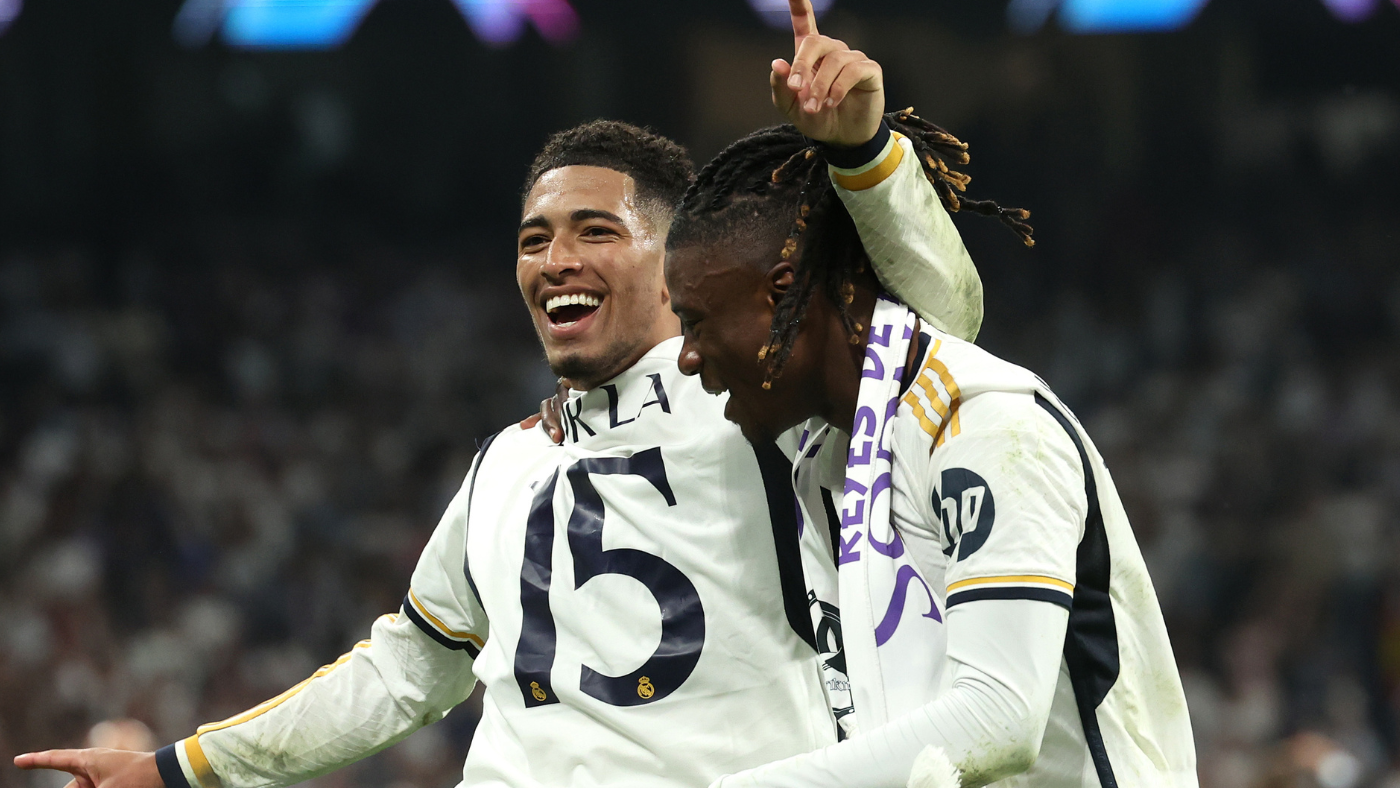Appeals are rarely successful. That’s the truth. So it should have come as no surprise on Wednesday when the NCAA announced that Oklahoma State had indeed lost its appeal and thus will be banned from the 2022 college basketball postseason. Right or wrong, history suggested this was always the likely outcome.
But it still seems crazy.
To be clear, I don’t have an issue with rule-breakers being punished — even in cases where I believe the rules are nonsensical — because you should be punished for not following the rules that are in place. So, generally speaking, I have no issue with Oklahoma State being punished because the Cowboys did have a former assistant who undeniably broke NCAA rules (not to mention federal laws). But, that said, this sure feels like a deal where the punishment levied by the NCAA doesn’t fit the so-called crime.
Give the Cowboys anything short of a postseason ban, and I don’t think I’d even blink. Whatever. But to rip away a dream from a program so close to the start of a season because of rules that were broken five years ago by a former assistant who created no competitive advantage for Oklahoma State seems excessive.
Need more college basketball in your life? Listen below to the Eye on College Basketball podcast where Gary Parrish and Matt Norlander provide instant analysis of the Cowboys’ postseason ban.
If you’re unfamiliar, here’s the backstory: the FBI caught former OSU assistant Lamont Evans accepting at least $18,150 in bribes to steer players at both Oklahoma State and his previous school, South Carolina, to certain agents and financial advisors. There is no evidence that he bought recruits. There is no evidence that he paid student-athletes to remain in school. The only player who is known to have ever received anything from Evans is Jeffrey Carroll — and what he allegedly received was $300 that was subsequently paid back. Carroll served a three-game suspension for that transgression during the 2018-19 season.
That’s what happened at Oklahoma State. Does that seem worthy of a postseason ban?
To me, it doesn’t.
The fact that Oklahoma State officials said they believe this to be the first postseason ban in NCAA history for a member institution “despite no violations in the areas of institutional control, failure to monitor, recruiting, head coach accountability, participation of an ineligible athlete or academic fraud” suggests OSU’s frustration and disappointment is totally reasonable. When you combine that with the fact that similar illegal acts happened at both South Carolina and USC but did not result in postseason bans at either school, well, I completely understand why Oklahoma State coach Mike Boynton went off Wednesday.
“The cases have similar circumstances and the consequences are drastically different,” Boynton said. “That’s utterly ridiculous.”
Again, I agree.
The amount of money Evans accepted at Oklahoma State exceeds the amount of money he accepted at South Carolina, and the amount of money former assistant Tony Bland accepted at USC, and my understanding is that that played a role in OSU getting a harsher penalty. On one hand, I get it. The punishment for driving 120 mph is more significant than the punishment for driving 90 mph, even though in both cases a driver is doing the same thing — speeding. But I still just do not believe a few thousand dollars worth of bribes here or there should be the difference between one school getting a postseason ban and another avoiding one. Ban them all or ban none of them.
But, like Boynton said, the punishments at these schools shouldn’t be so drastically different when the acts committed are so very similar.



